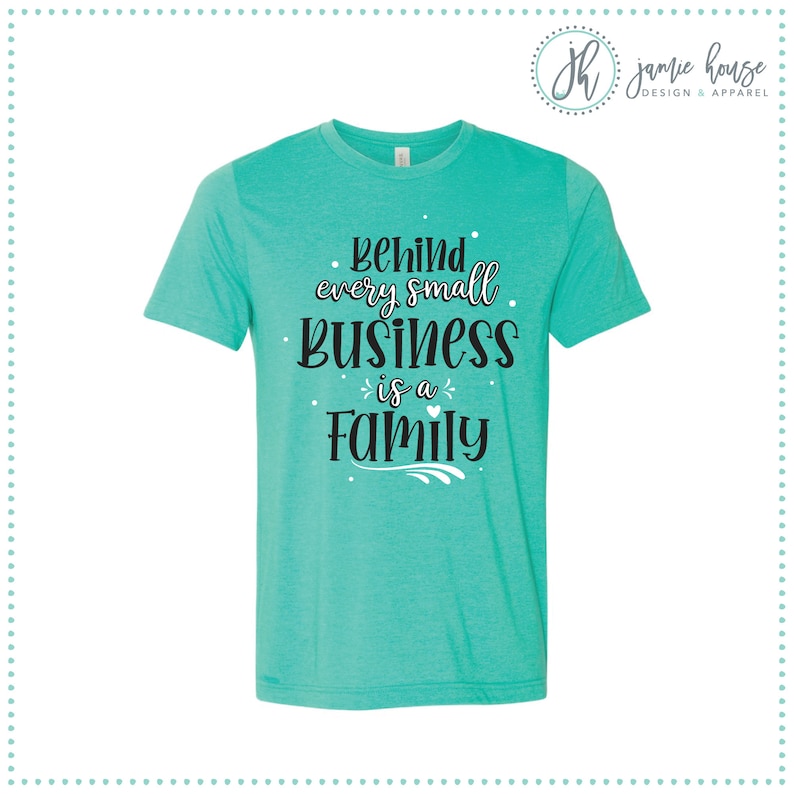Behind Every Small Business Is A Family

Main Street businesses, the cornerstones of local economies, are often perceived as independent entities. However, behind the storefronts and bustling activity lies a powerful and often unseen force: the family.
These families, working side-by-side, making sacrifices, and sharing dreams, fuel the passion and resilience that defines the small business landscape. This article explores the integral role of family in small business ownership, highlighting the unique challenges and rewards that come with blending personal and professional lives.
The Family Factor: A Defining Characteristic
The Small Business Administration (SBA) reports that family-owned businesses constitute a significant portion of all businesses in the United States. This includes everything from local restaurants and retail shops to construction companies and professional service providers.
Professor John Davis of Harvard Business School, a leading expert on family enterprises, states that, "The family's values, vision, and traditions often shape the business's culture and long-term goals." The commitment extends beyond financial gain, fostering a deeper sense of responsibility to employees, customers, and the community.
These businesses aren't just economic engines; they are integral parts of the social fabric, contributing to local character and community identity.
Shared Sacrifice, Shared Reward
Working in a family business often blurs the lines between personal and professional life. Family members frequently wear multiple hats, working long hours and making sacrifices to ensure the business's success.
Maria Rodriguez, who co-owns a bakery with her siblings, describes the challenges: "We're together all the time – at work and at home. It can be intense, but we're all working towards the same goal."
This shared commitment, however, also creates a unique bond and a sense of accomplishment that extends beyond the individual. The success of the business becomes a shared family victory.
Challenges and Opportunities
While the advantages of family involvement are numerous, family businesses also face unique challenges. Succession planning, conflict resolution, and maintaining a healthy work-life balance are perennial concerns.
According to a study by the Concordia University Wisconsin, only about 30% of family businesses survive into the second generation, and even fewer make it to the third. This underscores the importance of proactive planning and effective communication.
However, when managed effectively, the continuity and long-term perspective that family ownership provides can be a significant advantage. It allows for strategic investments and a focus on building lasting relationships with customers and employees.
"The key is to create clear roles and responsibilities, establish formal governance structures, and foster open communication," advises Dr. Susan Ward, a business consultant specializing in family-owned enterprises.
Impact on Local Communities
The presence of family-owned businesses has a profound impact on local communities. They often prioritize local sourcing, creating jobs and supporting other small businesses in the area.
These businesses are also more likely to be actively involved in community initiatives, sponsoring local events and supporting charitable organizations. Their roots are firmly planted in the community, fostering a sense of belonging and civic pride.
The dedication of these families contributes significantly to the character and vitality of the places they call home.
Looking Ahead: The Future of Family Businesses
As the business landscape continues to evolve, family-owned businesses must adapt to remain competitive. Embracing technology, attracting and retaining talent, and developing effective leadership are crucial for future success.
However, the core values that define these businesses – commitment, loyalty, and a long-term perspective – will continue to be their greatest strengths. These qualities provide a competitive advantage in a world often dominated by short-term profits.
The future of small business is undoubtedly intertwined with the continued success and resilience of the families behind them. Their stories are a testament to the power of dedication, perseverance, and the enduring strength of family bonds.


















